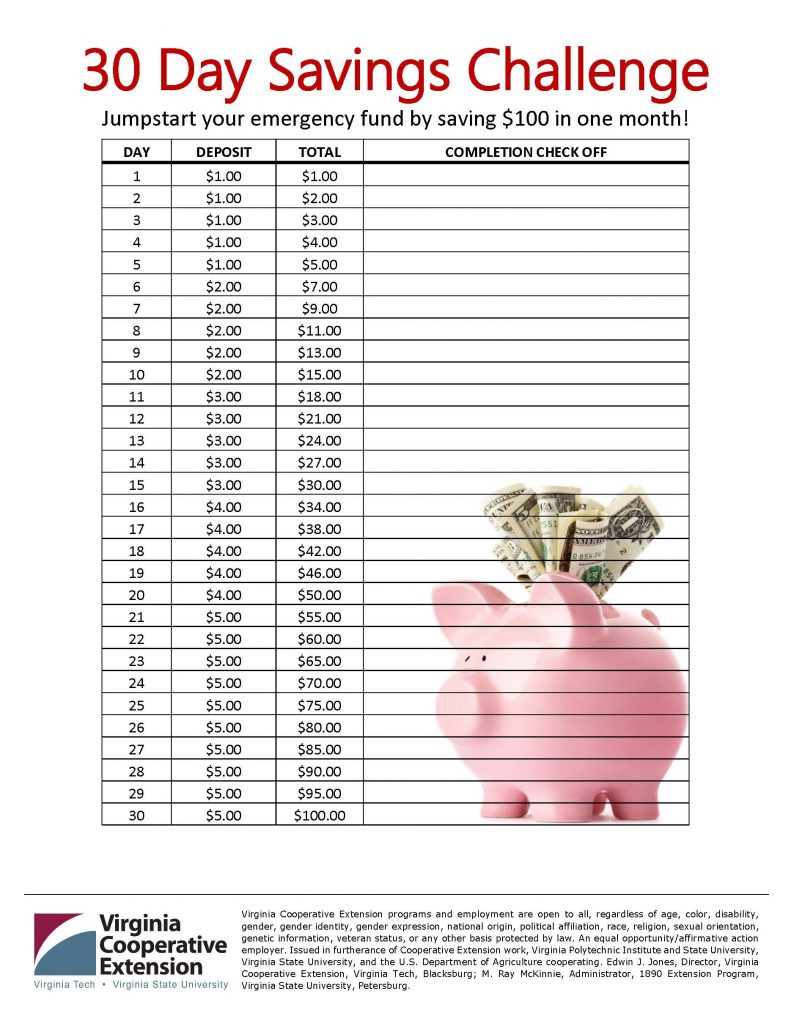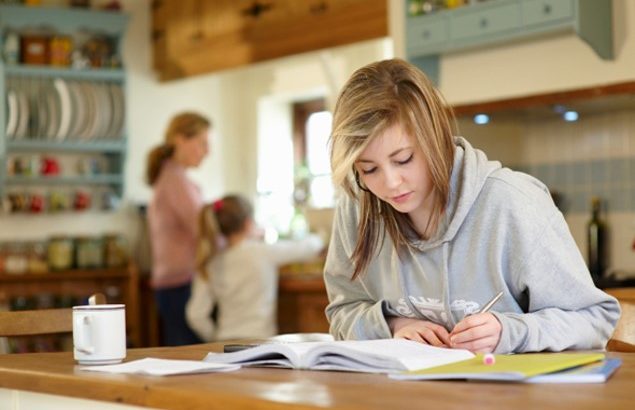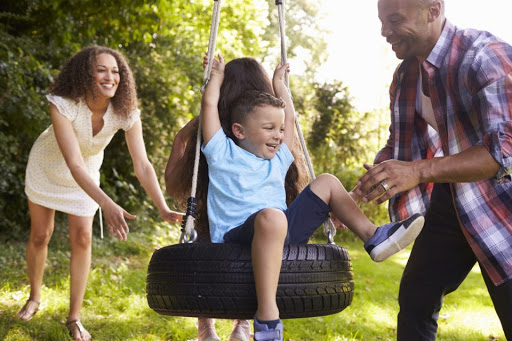The current COVID-19 outbreak is not only a public health concern, it also has far-reaching financial impacts. There are still plenty of things you can do to stay financially healthy during this challenging time. Consider starting an emergency fund. Now more than ever an emergency fund can be a life saver for individuals who find themselves home or away from work for an extended period of time.
We’ve all heard about the best practice of having three to six months of expenses saved for an emergency fund. While that is a great goal for some people, that can be an overwhelming place to start for others. Instead, consider saving what you can while you can.
If you are working from home, think about purchases you aren’t making anymore- coffee on your way to work and picking up lunch on your way to or from a meeting. What about that afternoon trip to the break room for a snack? Now that you are not spending money on these items, why not save it? You might think these small amounts can’t make a difference in your saving. Not true, these small amounts add up. Would you believe that you can save $100 in 30 days? It’s April and guess what, it has 30 days. Take this challenge to jumpstart your emergency fund. Once you get the hang of it you can improvise for months with 31 days. Regardless of your current financial situation, this small step can get you closer to establishing an emergency fund so that you can feel financially confident now and when those real-life unexpected expenses occur.
Download the 30 Day Challenge Plan from the Power Henrico Website.
Find additional tips at:
https://americasaves.org/local-campaigns/central-virginia-saves



 Find the calm. With so much uncertainty, it is easy to be anxious about what will happen next. It is important to be patient with ourselves and each other. Remember that we are all in this together. While we are social distancing, we can still utilize technology to learn the facts and reach out to a support system. This sense of calm does not have to look the same for everyone, but we can each find something that works for our families. Children are keen observers of our behaviors and stress and look to us to be the example.
Find the calm. With so much uncertainty, it is easy to be anxious about what will happen next. It is important to be patient with ourselves and each other. Remember that we are all in this together. While we are social distancing, we can still utilize technology to learn the facts and reach out to a support system. This sense of calm does not have to look the same for everyone, but we can each find something that works for our families. Children are keen observers of our behaviors and stress and look to us to be the example.

 Boost your happiness and join the 21 Days to Connect with Nature Challenge! Visit the
Boost your happiness and join the 21 Days to Connect with Nature Challenge! Visit the